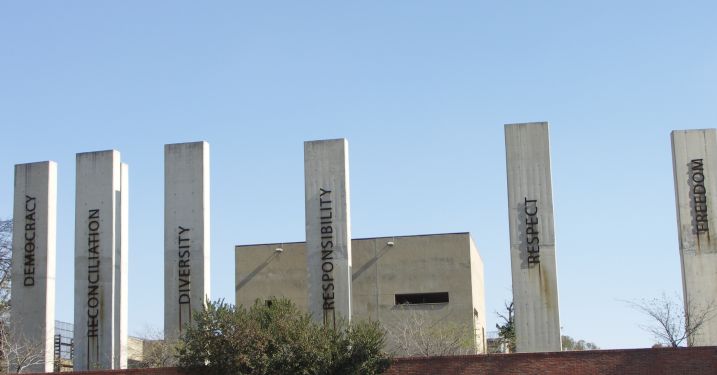Institute for African Development
IAD Seminar: Behaviorally Targeted SMS Reminders Improve Smallholder Adoption of Sustainable Agricultural Practice
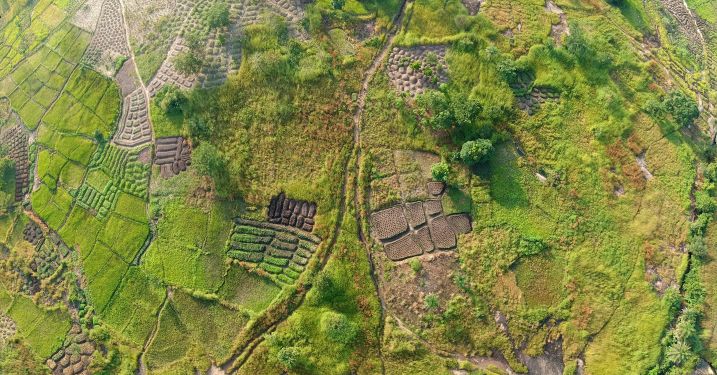
Thursday, October 17, 2024, 11:15am - 12:05pm 109 Ives Hall Jordan Blekking, Postdoctoral Associate, Global Development, Cornell
IAD Seminar: Cornell Botanic Gardens' Seeds of Survival and Celebration: Plants and the Black Experience
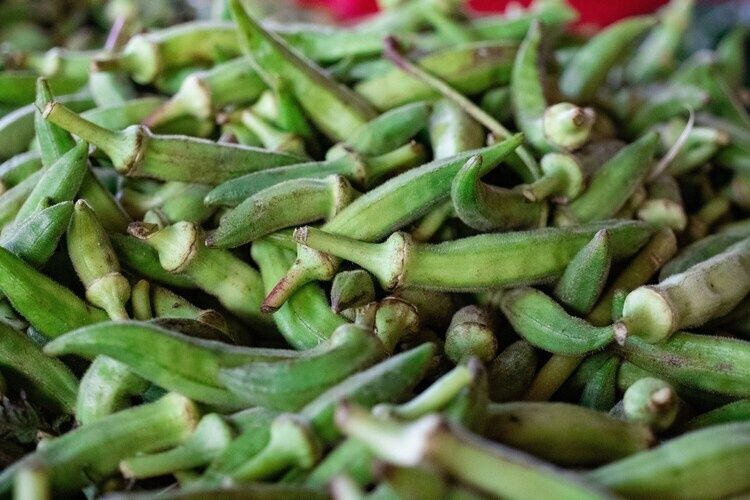
October 10, 2024
11:15 am
Ives hall, 109
"Seeds of Survival is an exhibition at Cornell Botanical Gardens that honors the Black experience in the Americas dating back to the transatlantic slave trade1. The exhibition includes an outdoor plant display, audio tour and an indoor exhibit1. It focuses on food plants native to West Africa, such as black-eyed peas, okra and millet, that were used as provisions on the slave ships and became embedded in American cuisine21. The exhibition also highlights the cash crops, like sugarcane, cotton and tobacco, that fueled the transatlantic slave trade2."- Cornell Botanic Gardens
Public Registration
Additional Information
Program
Einaudi Center for International Studies
Institute for African Development
Global Grand Challenge Awards

Global AI, Climate Justice, and Pandemic Prevention
Congratulations to lead PIs Aditya Vashistha (SAP), Rachel Bezner Kerr (IAD program director), and Raina Plowright. Read more about the projects.
Additional Information
IAD Distinguished Africanist Scholar Lecture: Digitization of Elections in Africa
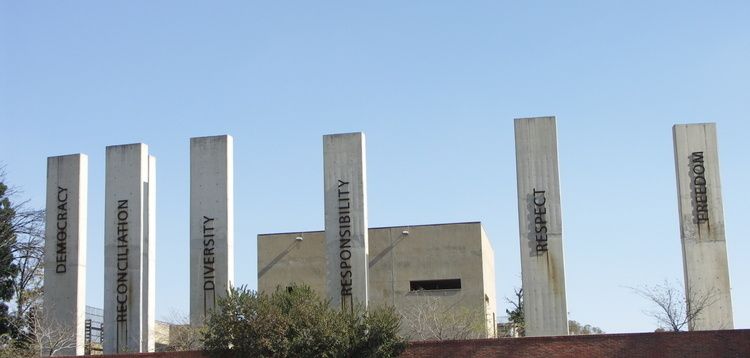
October 3, 2024
11:15 am
Ives Hall, 109
At independence, African states inherited liberal constitutions enshrining multiparty democracy. However, within a decade, many collapsed into military dictatorships and one party-regimes and elections lost their significance. The democratization process of the late 1980s and early 1990s led to the drafting of ‘new’ constitutions that reinstated competitive elections. The reintroduction of multiparty democracy entailed that elections were going to be genuinely contested between several candidates, with the possibility that opposition leaders could wrestle power from the incumbent leaders. Many constitutions or electoral laws adopted following this wind of change provide for the possibility of aggrieved individuals and/or entities to seek legal redress in courts of law or other quasi-judicial bodies, usually on specified grounds. This phenomenon is now compounded by the increased use of Information Communication Technology (ICT) in the electoral process. Almost all presidential election disputes in the last ten years in Africa have revolved around failure or alleged tampering with the ICT facilities in the electoral process. It would, therefore, seem that ICTs, although helpful in increasing efficiency in the electoral process, provide possible new and cleaner ways of stealing elections. This new development presents new challenges to courts as often ICTs are adopted by Electoral Management Bodies (EMBs) without appropriate changes to the electoral laws to enhance transparency and accountability. This paper analyses how the courts are facing the challenge of increased use of technology in elections and explores the way forward in terms of progressive interpretation and proactive adjudication of election matters.
Dr. O’Brien Kaaba, Lecturer, Department of Public Law, and Assistant Dean of Research, University of Zambia
Public Registration
Additional Information
Program
Einaudi Center for International Studies
Institute for African Development
IAD Seminar: Constitution-making in Africa: Prospects and Challenges
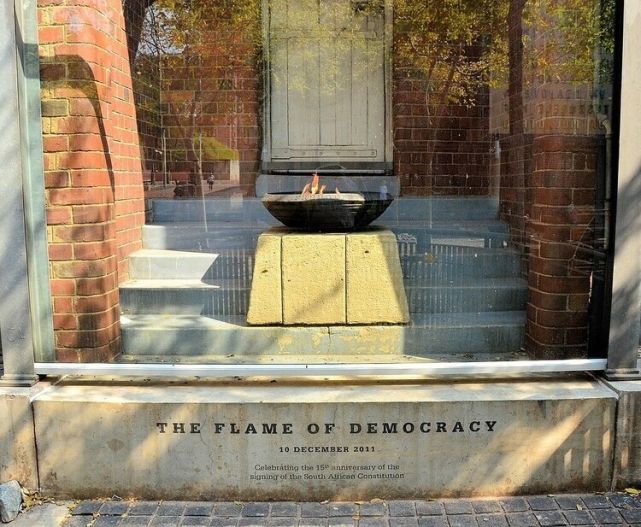
September 26, 2024
11:15 am
Ives Hall, 109
Good governance is contingent on the development of political systems that gives citizens ownership of the political process.
Additional Information
Program
Einaudi Center for International Studies
Institute for African Development
Information Session: Global Internships with Universidad San Francisco de Quito

October 28, 2024
1:00 pm
Go global in summer 2025! Global Internships give you valuable international work experience in fields spanning global development, climate and sustainability, international relations, communication, business, governance, and more.
This session will discuss opportunities with the Universidad San Francisco de Quito, a Cornell Global Hubs partner in Ecuador.
Register for this virtual session.
***
The Mario Einaudi Center for International Studies hosts info sessions for graduate and for undergraduate students to learn more about funding opportunities, international travel, research, and internships. View the full calendar of fall semester sessions.
Additional Information
Program
Einaudi Center for International Studies
Reppy Institute for Peace and Conflict Studies
East Asia Program
Southeast Asia Program
Latin American and Caribbean Studies
Institute for African Development
Institute for European Studies
Migrations Program
Naomi Klein: Doppelganger Politics
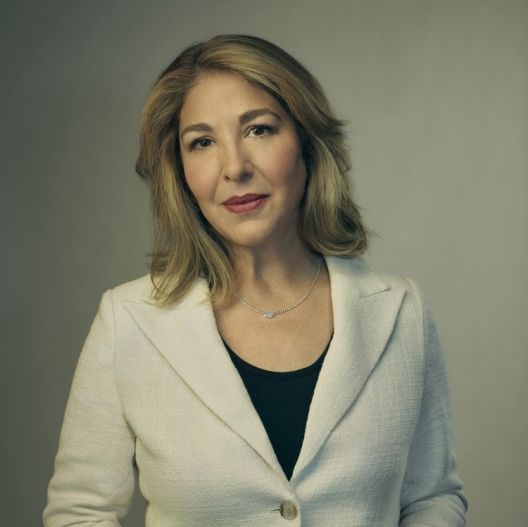
October 23, 2024
5:00 pm
Biotechnology Building, G10
Bartels World Affairs Lecture
The bestselling author of Doppelganger: A Trip into the Mirror World joins us for a personal journey down the conspiracy rabbit hole to explore why our political sphere has become dangerously warped.
When author and social activist Naomi Klein discovered a writer with the same first name but radically different political views was chronically mistaken for her, it seemed too ridiculous to take seriously—until suddenly it wasn’t. As the pandemic took hold, she absorbed a barrage of insults from her doppelganger’s followers.
Klein’s 2023 book Doppelganger follows Other Naomi into a digital underworld of conspiracies, anti-vaxxers, and right-wing paranoia. Klein’s journey reveals mirrored concerns and unlikely connections between well-meaning liberals and the right-wing voices that relish “owning” them.
After a talk sharing her insights, Klein joins distinguished global democracy experts from Cornell to lift the lid on this surreal election moment and examine how our politics have become so twisted and polarized. What can we do to escape our collective vertigo and get back to fighting for what really matters?
***
Panelists
Read election remarks from the panelists in Chronicle coverage of global democracy activities on campus.
Thomas Garrett, Einaudi Center Lund Practitioner in Residence, Distinguished Global Democracy Lecturer (Jeb E. Brooks School of Public Policy)Suzanne Mettler, John L. Senior Professor of American Institutions, Department of Government (College of Arts and Sciences)Kenneth Roberts (moderator), Einaudi Center Democratic Threats and Resilience faculty fellow, Richard J. Schwartz Professor, Department of Government (A&S)
***
This event is sold out.
All free tickets are reserved. If you don’t have a ticket but would like to attend, please arrive 15 minutes early to be put on our wait list.
A reception with refreshments will follow the lecture and panel.
Lecture and Panel: 5:00 | G10 Biotechology BuildingReception: 6:30-7:30 | Biotechnology Building Atrium
***
About Naomi Klein
Naomi Klein is an award-winning journalist and international bestselling author of nine books published in over 35 languages, including No Logo, The Shock Doctrine, and her most recent book Doppelganger: A Trip into the Mirror World (2023). A columnist for The Guardian, her writing has appeared in leading media around the world. She is a tenured professor of climate justice at the University of British Columbia, founding codirector of UBC’s Centre for Climate Justice, and honorary professor of media and climate at Rutgers University.
About the Bartels World Affairs Lecture
The Bartels World Affairs Lecture is a signature event of the Mario Einaudi Center for International Studies. This flagship event brings distinguished international figures to campus each academic year to speak on global topics and meet with Cornell faculty and students, particularly undergraduates. The lecture and related events are made possible by the generosity of Henry E. Bartels ’48 and Nancy Horton Bartels ’48.
Additional Information
Program
Einaudi Center for International Studies
Reppy Institute for Peace and Conflict Studies
East Asia Program
Southeast Asia Program
Latin American and Caribbean Studies
Institute for African Development
Institute for European Studies
South Asia Program
Migrations Program


